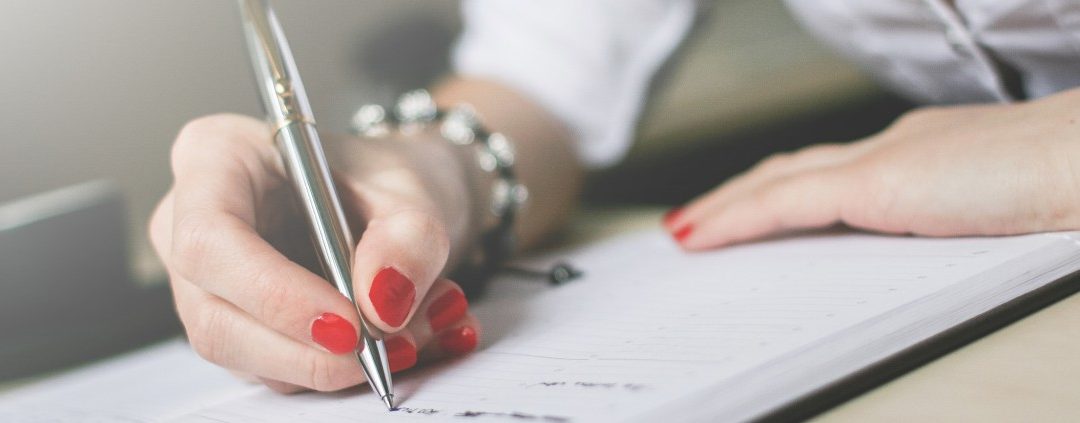A Time Management Article by Harold Taylor
A paper planner is a great tool for keeping more of your memories intact and slowing down the perceived passage of time. Not only does the act of writing in the appointments and scheduling the important projects and tasks help transfer them to your long-term memory, reviewing those pages after the fact helps solidify them in your memory. Research shows that thinking or talking about an event immediately after it occurs enhances memory for the event. That is why it’s so important for a witness to recall information as soon as possible after the crime.
The greatest loss of memory is in the first hour or so of the event. By reviewing it in spaced intervals, you are fixing it in your memory. You want as much of the present as possible to be retained so you will recall it in the future. I schedule every significant event in my time planner, even after the fact. For example, when we spontaneously drop into a restaurant or go to a movie or visit friends, I write the details of that event in my planner when I get home. If it is a restaurant, I take out the receipt and copy the name, address, and telephone number into that block of time, including the names of the people we might have been with at the time.
It was unscheduled time; but it becomes scheduled after the fact. By reviewing my planner, I am in effect reviewing my life. And I can readily justify this strange habit by the number of times I have retrieved phone numbers of great restaurants we wanted to revisit or to confirm the name of the movie we saw three months ago or to get the name of our friend’s cousin who attended the dinner.
Someone suggested it might also be a good idea to record each day one thing that we are thankful for. This would reinforce the fact that we should appreciate what we already have. It also elevates our mood, which in turn is good for our health. Keeping a diary or journaling forces you to concentrate on the present while recording something for the future.
Handwriting is also good for the brain. Handwriting activates massive regions of the brain, including areas of thinking, language, temporary information storage and management, according to Virginia Berninger, an educational psychology professor at the University of Washington. Typing or tapping screens does not.
Norman Doidge, author of The brain’s way of healing, also claims that cursive writing has a positive impact on the brain. Neurologists in general recommend exercising the brain as well as the body, and although some people claim that handwriting is outdated and behind the times, this is only true if you feel it is outdated to have a healthy brain.
As mentioned in a New York Times article, putting pen to paper stimulates the brain like nothing else. And there is no denying it is positive impact on working memory.
Successful People Read. A Lot.
What do Warren Buffett, Mark Zuckerberg, Elon Musk and Oprah Winfrey have in common? They all read - a LOT! If you want to be successful you need to read. We have over 30 short ebooks designed to get you booked up fast!


